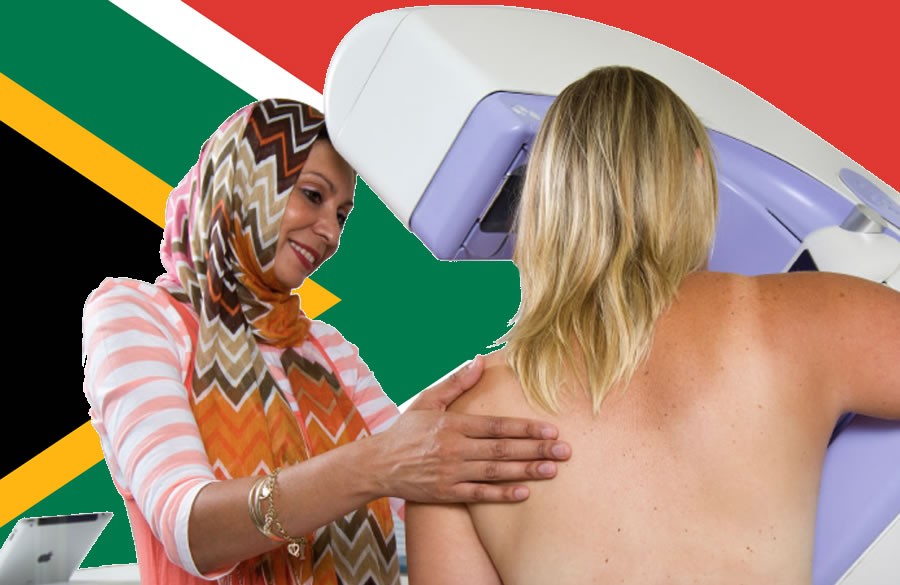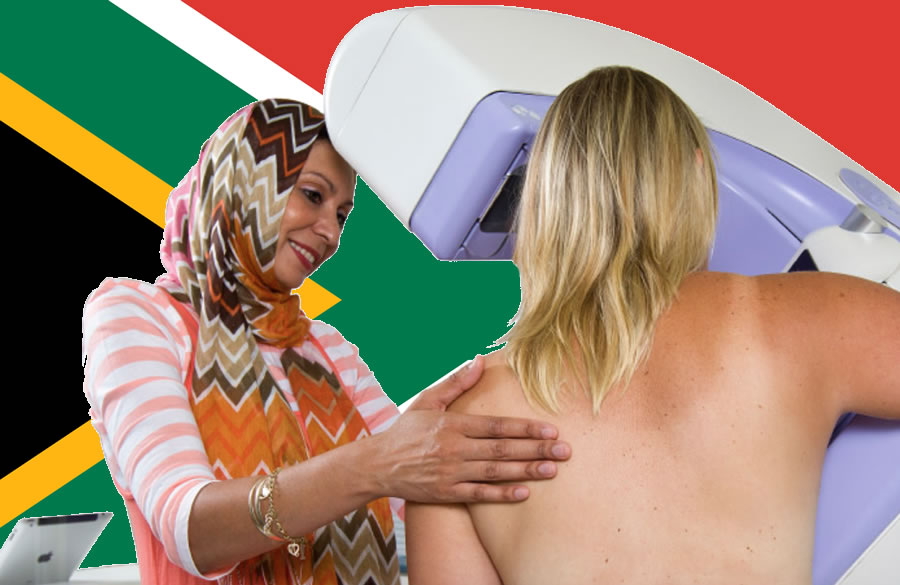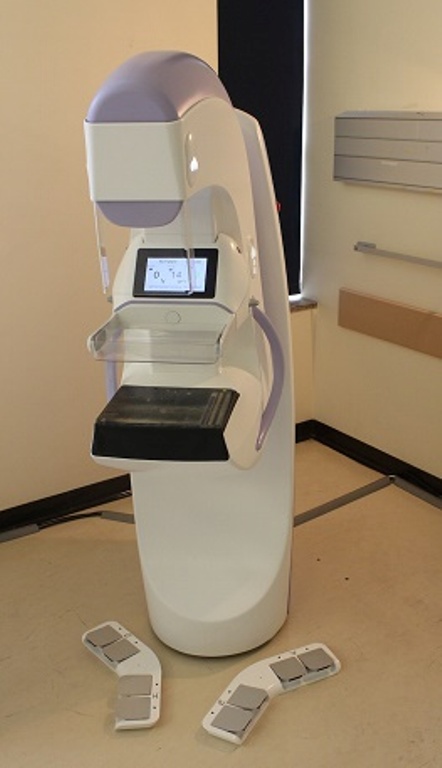
South African Breakthrough for Breast Cancer Diagnosis
A South African company has made a medical breakthrough with the development of a special machine that could make breast cancer diagnosis so much more simple, accurate and quicker for women. The Aceso machine, as it is called, has been designed and developed by Cape Town medical technology company Cape Ray. It was officially launched […]

A South African company has made a medical breakthrough with the development of a special machine that could make breast cancer diagnosis so much more simple, accurate and quicker for women.
The Aceso machine, as it is called, has been designed and developed by Cape Town medical technology company Cape Ray. It was officially launched by the Department of Science and Technology at the city’s Groote Schuur Hospital on Thursday, 5 November 2015.

The machine, which is undergoing a testing phase at the hospital, is a world-first imaging system that combines mammographic and ultrasound technologies.
This does away with the need for multiple screening tests, particularly when analysing dense breast tissue.
The R30-million device, funded by the Industrial Development Corporation, allows for the instant detection of even the most microscopic cancer cells.
While one in eight women in South Africa are susceptible to developing breast cancer, a more alarming figure is that 40% of these have dense breast tissue, which makes multiple, often painful screenings both difficult and costly, as well as time-consuming.
Very often women go for a single screening and receive a negative result yet, without a more in-depth scan of the deep tissue, may remain vulnerable to the disease.
Speaking at the launch of Aceso, Economic Development Minister Ebrahim Patel and Science and Technology Minister Naledi Pandor agreed that the multimillion-rand innovation was a huge gain for not only South Africa, but also the global medical fraternity and for women, in particular.
“This machine will not only provide opportunities for better health care,” Patel said, “but it will provide employment opportunities for the country. I’m excited about the potential this holds for economic development. This shows that innovation can address health care problems and is a demonstration that South Africa has smart ideas for the world.
“Cape Ray branched out into private development from the medical technology department at the University of Cape Town in 2010, focusing exclusively on developing new mammography technology.
“The Aceso, patented and ISO-certified in 2012, has been proven effective and safe in screening for breast cancer. It was tested in clinical trials with more than 50 healthy volunteers and 20 patients with confirmed breast cancer.

Dr Kit Vaughan, chief executive of Cape Ray, gave a brief demonstration of the machine, explaining how it produces a low-dose X-ray while using ultrasound simultaneously. This allowed for an almost immediate detection by sight.
“With this machine, you can perform the mammographic and ultrasound functions at the same time,” he said. “Not only do you save time, but you don’t have to have two machines, so you save money too. The key about this technology is it can be widely used to reach a large number of people, so it is ideal to use in a public health care setting.
“The Groote Schuur test trial screening will continue until next month.”
Vaughan said that after the trials were completed, the machine would be tested further before being awarded its CE (European Conformity) trademark, which would allow the device to be used in Africa and Europe. It would then need to be approved by the United States Food and Drug Administration for use in the USA.
Watch Video: CapeRay, designed to detect breast cancer earlier
https://youtu.be/qVxxvtbM7xc
Source: CapeRay via SouthAfrica.info
